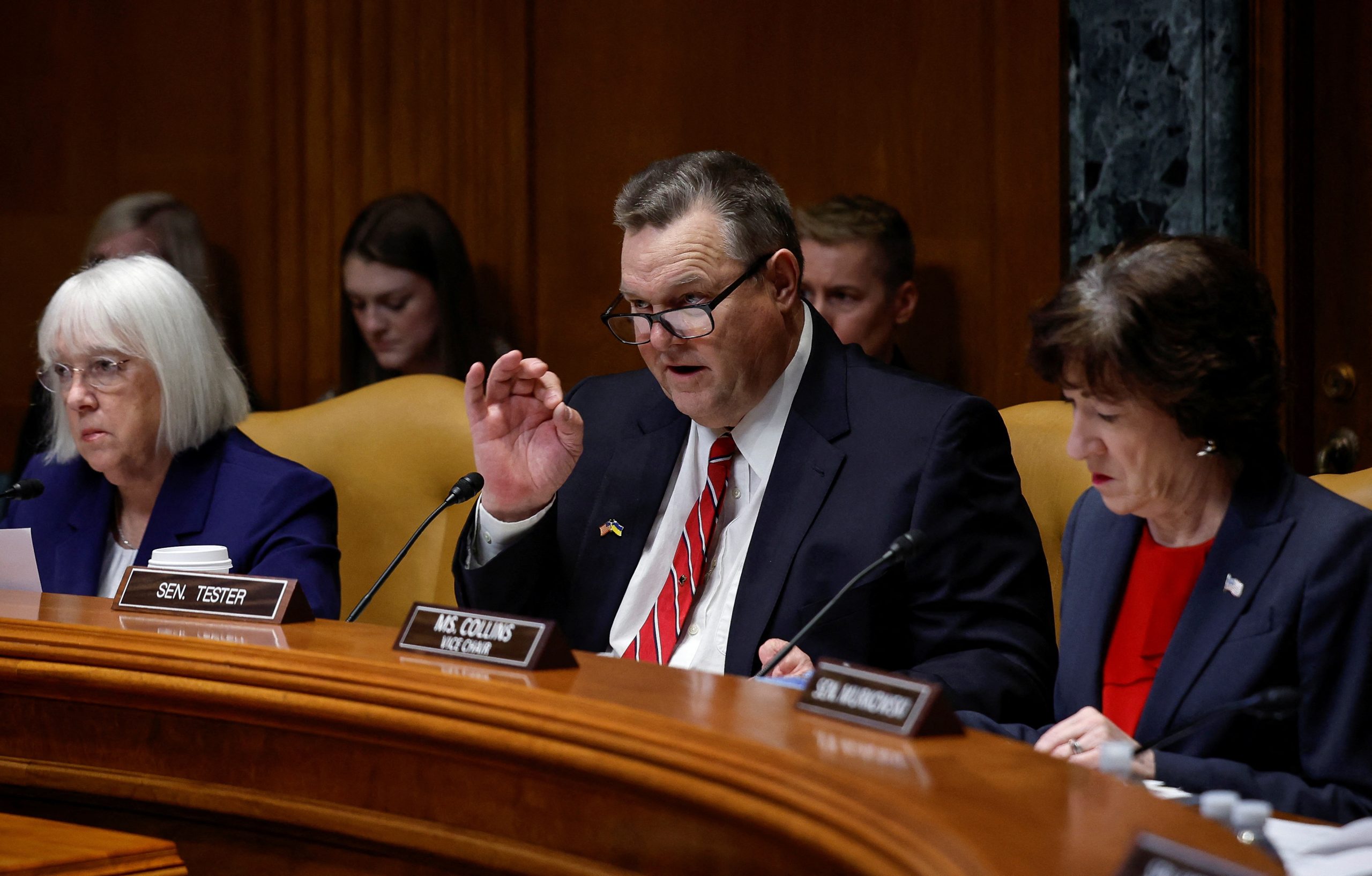
Willie R. Tubbs, FISM News
[elfsight_social_share_buttons id=”1″]
Friday, in a move decried by Democrats and third parties alike, the Republican-led Montana legislature began deliberating a new method of conducting its U.S. Senate elections.
In a move critics say is an attempt to prevent Democratic Sen. Jon Tester from winning reelection in 2024, Republicans are seeking a new law that would limit participation in the general election to just two people.
Under the current setup, each party sends its primary winner to the general election. Under the proposed law, all candidates would face a single “jungle primary” with only the top two candidates advancing to the general election, regardless of party affiliation.
Only the 2024 U.S. Senate race would be affected by this new law.
“I’m not attacking Sen. Tester,” Helena, Montana, TV station KXLH quoted Hertz as saying. “I just want to make sure that the individual that is the winning candidate gets the majority vote.”
Third parties have criticized the bill as an attack on non-big-two candidates.
“It will completely block us out,” The Associated Press quoted Montana Libertarian Party Chairman Sid Daoud as saying. “It’s going to eliminate any third party or independent candidate from moving to the general election.”
Hertz contends that his proposal is an effort to prevent either big party from using hand-picked third-party candidates as a means of draining votes from the other side.
Republicans in Montana backed a petitioning effort that almost got the left-leaning Green Party on the ballot in 2020, and Democrats aided the campaigns of Libertarian candidates in the elections of 2012, 2018, and 2022.
“Some major parties probably want to continue doing this, including my own,” The AP quoted Hertz as saying. “Let’s get away from this, what the two major parties are doing in Montana.”
Democrats, though, have uniformly condemned the proposal as aimed exclusively at Tester.
“At a time when inflation and high costs are hurting Montana families, out-of-touch politicians in Helena are showing that they care more about power than addressing the real issues facing the state,” KXLH quoted Tester’s campaign manager Shelbi Dantic as saying.
TRYING TO REMOVE THIRD PARTY CANDIDATES
This is not an issue limited to Montana. Across the nation, both parties have openly sought to strategically back third-party candidates.
Democrats in North Carolina drew immense criticism only a year ago when, in an apparent bid to increase the likelihood of a Cheri Beasley win in the race for the U.S. Senate, they began making a concerted effort to prevent Green Party candidate Matthew Hoh from being placed on the ballot.
After suing, Hoh was eventually allowed back into the race and placed a distant fourth. His 29,000 votes played no real role in determining the winner as Republican Ted Budd defeated Beasley by more than 200,000 votes.
Indeed, even if Beasley had received all votes from all third-party and write-in candidates in the race — which included a libertarian — she would have still lost by well over 100,000 votes.
The difference between the North Carolina Democrats and Montana Republicans was that Democrats wanted to prevent the Green Party from participating at all, whereas the Republicans are attempting to force third parties to exert whatever impact they can in the primary.
In the case of the Republicans, third-party candidates, even multiple candidates from the same third party could run and, at least in theory, proceed to the general. But, the likelihood of any third-party candidate advancing to the general election is remote.
It is far more likely that Tester and a Republican, a pair of Republicans, or a pair of Democrats would be the final two choices.
